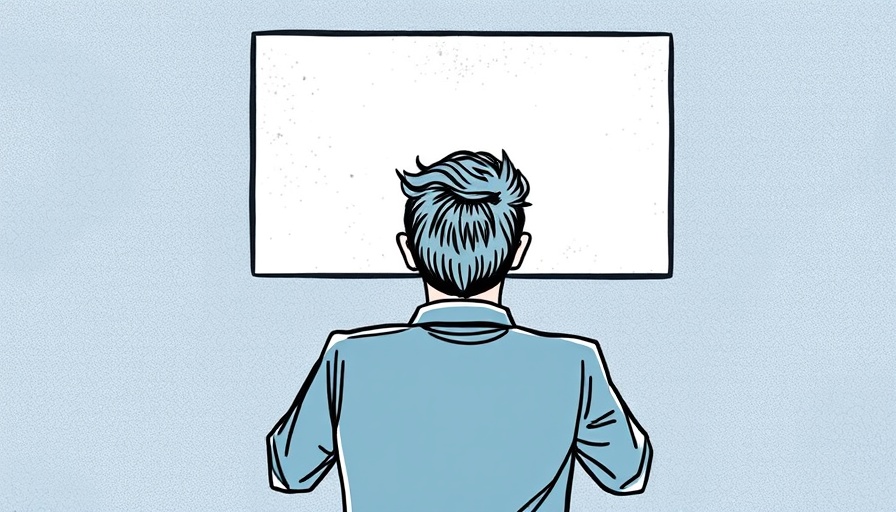
The Future of Healthcare: Why AI is Just One Piece of the Puzzle
Imagine entering a hospital in the middle of the night with a critically ill loved one. The scene could either be one of chaos, filled with paperwork and long waits, or it could be a seamless experience powered by technology, where clinicians possess immediate access to a patient's entire medical history and can quickly formulate a tailored treatment plan. In the evolving landscape of healthcare, the integration of artificial intelligence (AI) is often hailed as a revolution. However, the reality is more complex: AI alone cannot transform U.S. healthcare without significant systemic changes.
Bridging Technology and Human Touch in Healthcare
AI can enhance diagnostic accuracy and treatment recommendations, yet it cannot replace the essential human compassion and clinical judgment found in every patient interaction. The stories of healthcare heroes who navigate emotionally taxing situations highlight the need not just for technology but also a workforce trained in empathy and interpersonal communication. Understanding the delicate balance between machine learning and human touch will be pivotal as healthcare professionals forge relationships based on trust and understanding, elements crucial in an inclusive leadership approach.
Workplace Culture Transformation: From Data to Trust
As AI systems evolve, they necessitate a cultural shift within healthcare organizations. The implementation of AI must be accompanied by training that fosters psychological safety and employee trust. Healthcare leaders need to cultivate an environment where team dynamics can thrive, allowing on-the-ground staff to voice concerns and share insights. Emphasizing these shared values within a hybrid workforce will enable organizations to adapt more effectively to rapid changes, ensuring a resilient structure capable of enduring whatever challenges arise.
Change Management in the Age of AI
In this new era of healthcare, managing change is critical. Leaders must engage in active change management, encouraging open dialogue about technology integration and its impact on workflows. This not only prepares healthcare professionals for transitions but also aligns with company values centered around employee experience. Thus, the core of change management goes beyond merely adopting new tools; it involves reshaping mindsets towards a culture of collaboration where everyone feels included and valued.
The Bigger Picture: AI as a Catalyst, Not a Solution
As healthcare continues to evolve, we must keep in mind that AI is a tool—one of many that can aid in improving patient care. To truly realize the potential of AI in healthcare, organizations must address the human elements that drive success: inclusive leadership, strong team dynamics, and a culture of trust. In doing so, leaders not only prepare their teams for technological advancements but also for creating a future where every patient interaction is significantly more impactful.
 Add Row
Add Row  Add
Add 




Write A Comment